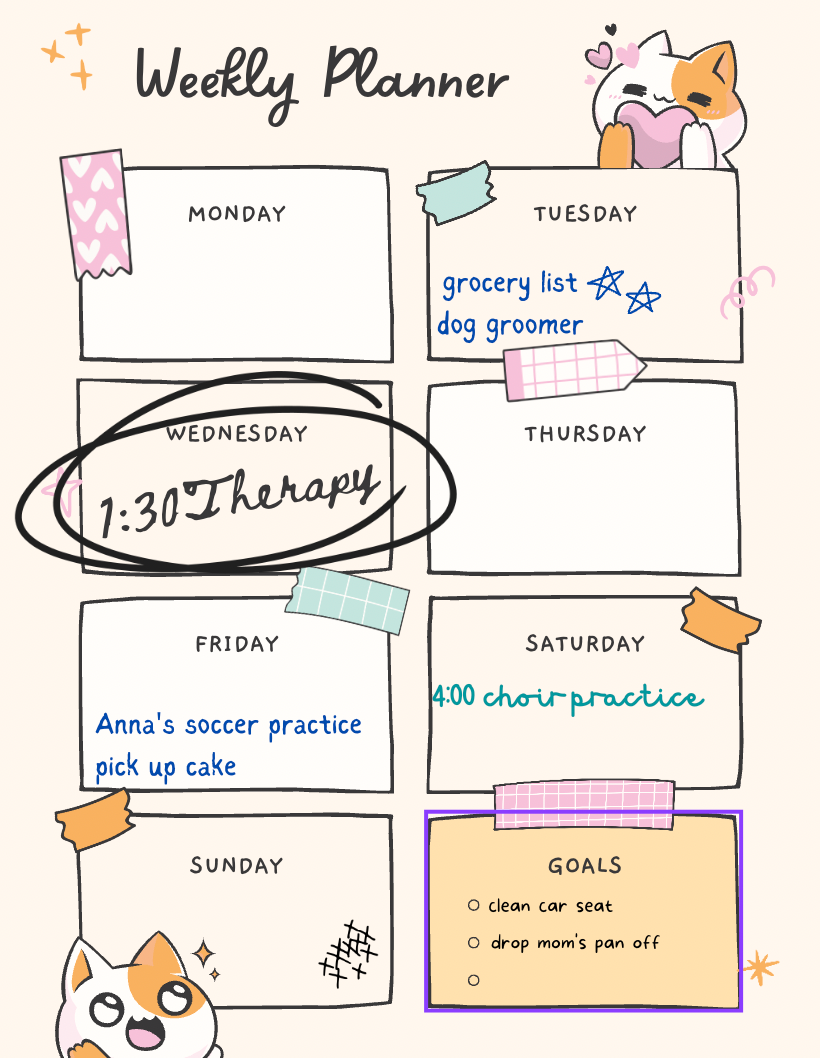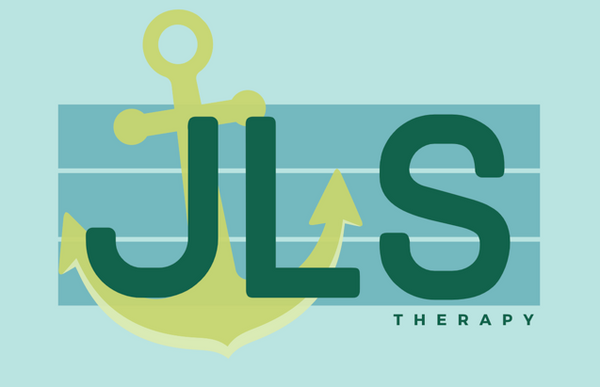
The Many Benefits of Regular Therapy Sessions
Often times, people book a therapy session as a 'one-off' because of life stressors of feelings of being unwell emotionally, only to stop abruptly the minute they feel close enough to 'ok' again.
Look. I get it! Therapy costs time and money - and it's really hard work! But as luck (or research!) may have it, this approach may land you in the same situation repeatedly if there isn't amble effort put into stopping the band-aid style scenario. Regular therapy sessions have many positive benefits. Longer term goals are achieved, and deeply ingrained habits are managed in a shorter timeframe.
Let's look at some of the benefits of attending regular weekly or bi-weekly sessions with your therapist.
Regular therapy leads to a stronger rapport with your therapist.
Having a stronger rapport will help it be easier to get comfortable with your therapist. As a side-effect? You'll be more likely to open up in a session, allowing you to get to the hard stuff. When we build trust with others we allow ourselves to be vulnerable and this vulnerability is exactly what needs to happen for your counselling sessions to have the strongest impact.
Sticking to a set weekly (or bi-weekly) time creates an expected routine.
When your therapy appointments are regular and consistent you’re less likely to forget about them. Setting up a regular schedule will also help you to avoid feelings that your counselling appointments are less important than your other responsibilities. Incorporating therapy as a part of your weekly routine will create continuity in your work with your therapist.
Seeing your therapist when you feel 'good' also has its benefits.
People tend to feel less engaged in their regular sessions when their acute symptoms have been alleviated but a lot of long term progress toward your mental health goals can be achieved when you’re feeling more at your baseline. You’ll have more resources to work on deeper personal challenges than you do when you are in crisis mode.
Attending therapy regularly means you'll get more of what you came for.
When you decided to start therapy, you had a goal in mind. To achieve what you set out to do, consistency is important, especially if you’re not the type of person who wants to attend therapy for years and years. (although there are benefits to that, too!) Giving your stress and challenges an hour each week allows you to rest emotionally and focus on you! If you’re ready for self improvement, it’s time to commit!
I get asked about this a lot, but sadly there isn’t a magic amount of time or number of sessions that you should see a therapist for. Regular and consistent sessions over a period will likely result in achieving your goals and meeting your needs in less time than if you were to only schedule counselling sessions when you aren’t feeling like your best self.
